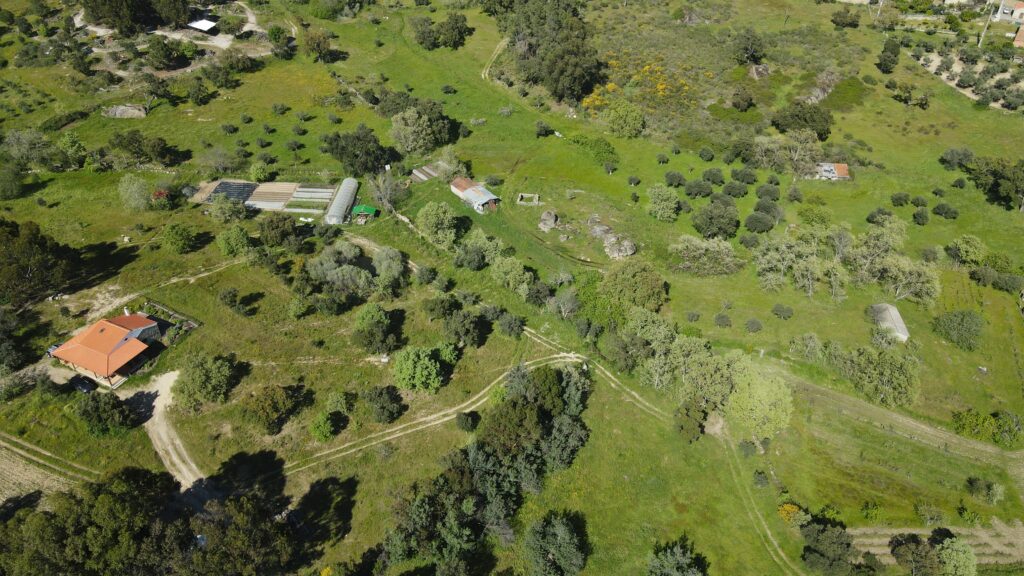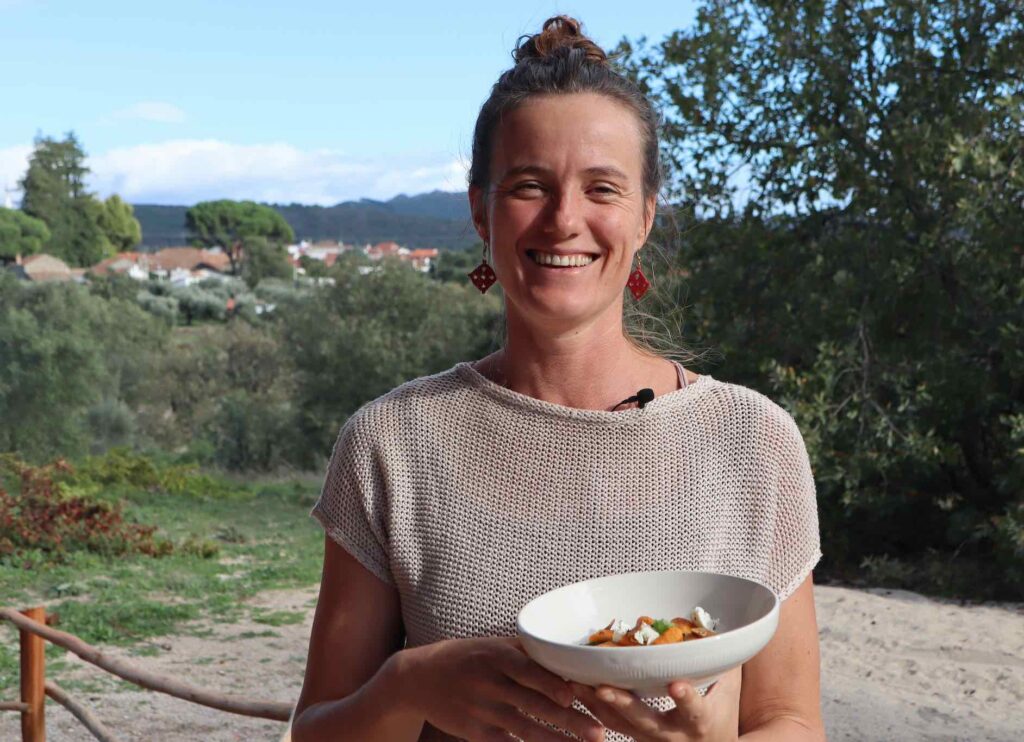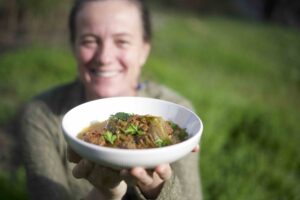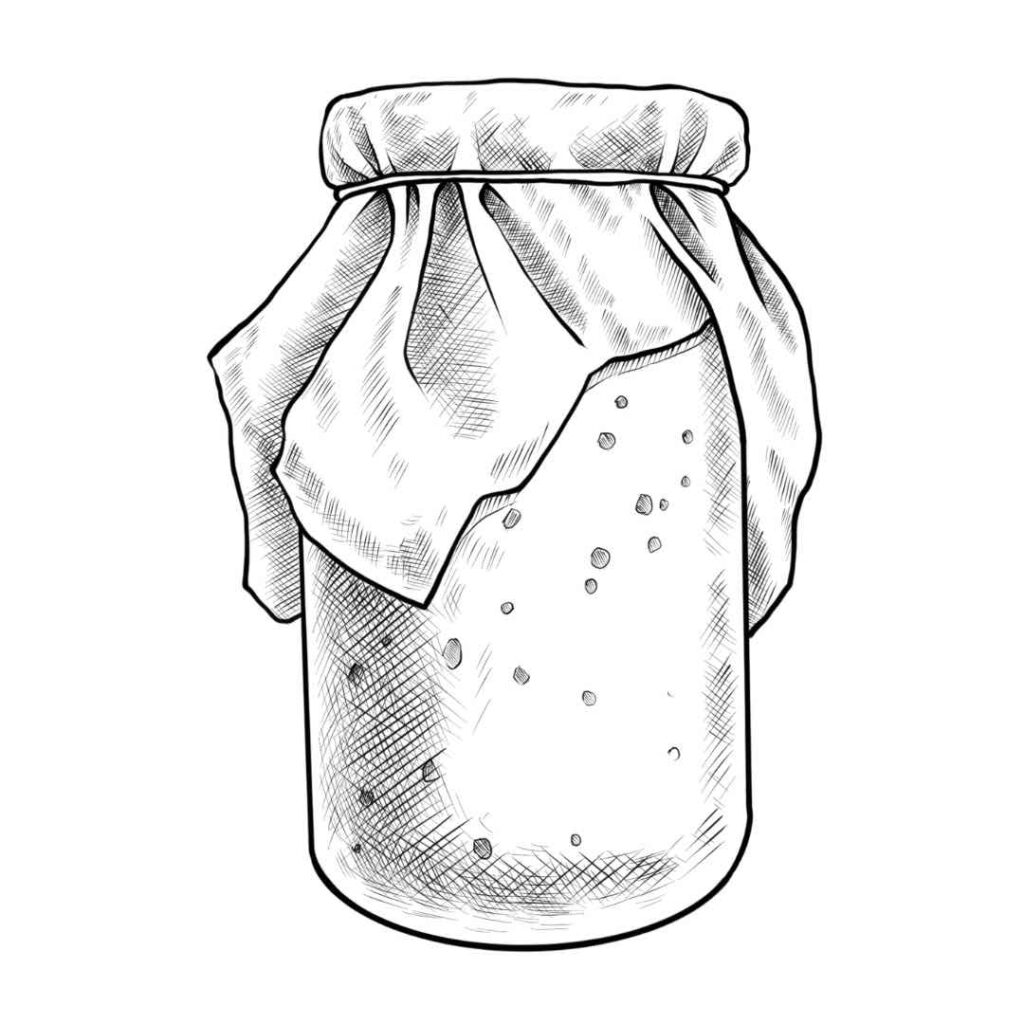
Indian Style Paprika–Cumin–Turmeric Spice Rub
A salt-free, Indian-style spice rub with paprika, cumin and turmeric. Warming, aromatic and perfect for vegetables, legumes and slow cooking.
Original Article published in MaatschapWij, translated with permission

The biggest barrier to scaling small farms is the combination of financing, regulation, and access to markets. Small farms often lack the economies of scale that large-scale agricultural enterprises enjoy, making them less likely to be funded by investors. At the same time, administrative burdens and regulations are often geared towards large-scale production, which places disproportionate pressure on smaller producers. In addition, access to markets remains limited due to the dominance of large players in the food chain, making it difficult for small farms to get their products to consumers without going through expensive distribution systems.


A salt-free, Indian-style spice rub with paprika, cumin and turmeric. Warming, aromatic and perfect for vegetables, legumes and slow cooking.

A fragrant, herb-forward spice rub inspired by Provence. Perfect for vegetables, chicken and olive-oil-based cooking.

A savoury, umami-forward spice rub built on green pepper, cumin and chilli. Designed for vegetables, legumes and regenerative cooking — and layered beautifully for gifting.

Perfect for large harvests, meal prep, and pantry storage

These stuffed peppers with rice and beef are tender, flavour-packed, and simmered in a rich tomato-beef broth. A perfect from-scratch recipe for using up lots of green bell peppers. Serves 25!
Let the future be tasty and let it be full of life!
We lost so much.
Our pastures are destroyed, many of our old olive trees, the young orchards, the irrigation systems, our most important tools, water pumps, and power setup—either melted or destroyed.
Our food and hay stores, the fences, and many of the stable buildings are either damaged or lost entirely.
What took years to build was reduced to ash in a single afternoon.
Ready to Recharge and Enjoy Real Food in Nature?
Cook, connect, and grow in the heart of our regenerative farm.
Real food. Deep rest. Lifelong memories.
